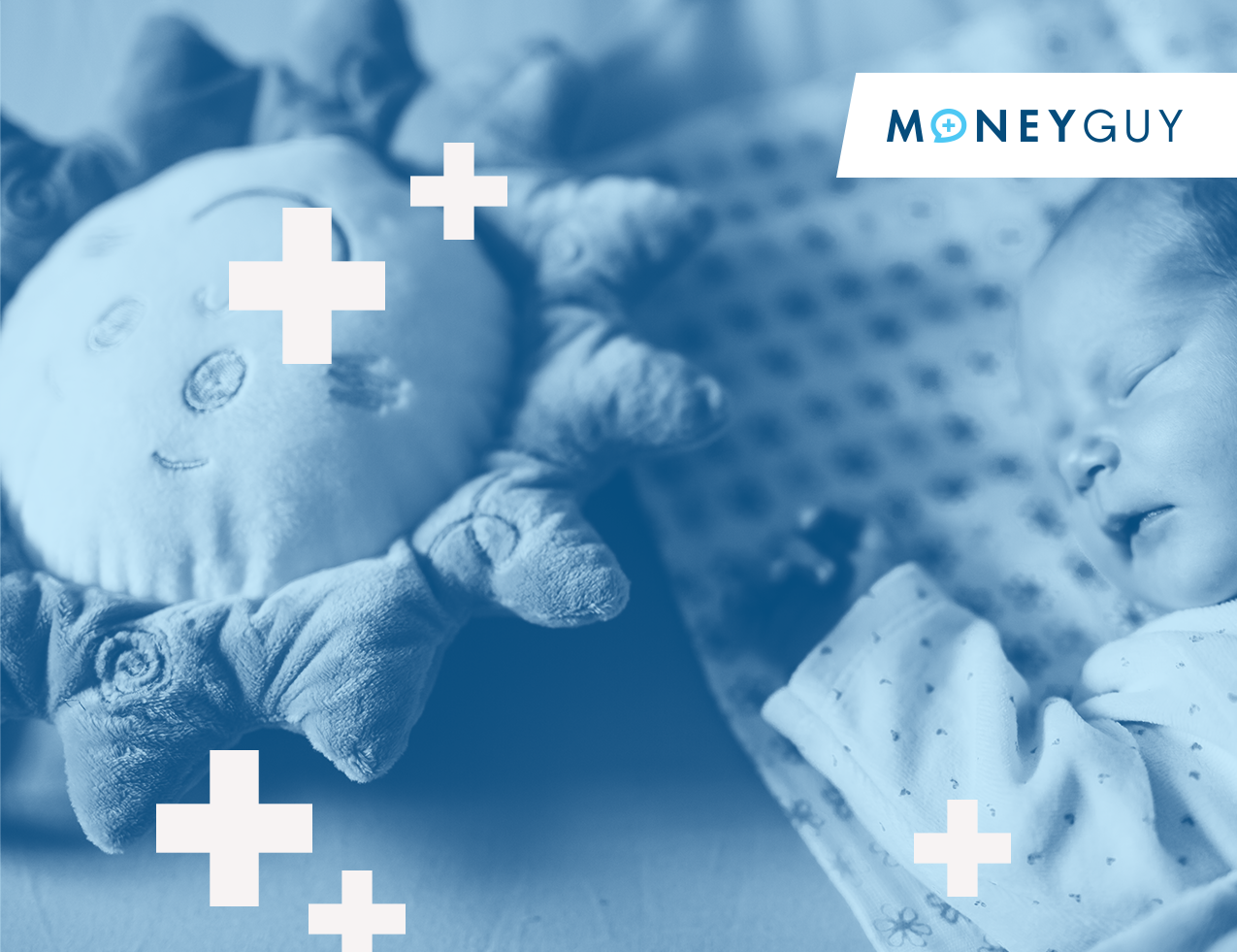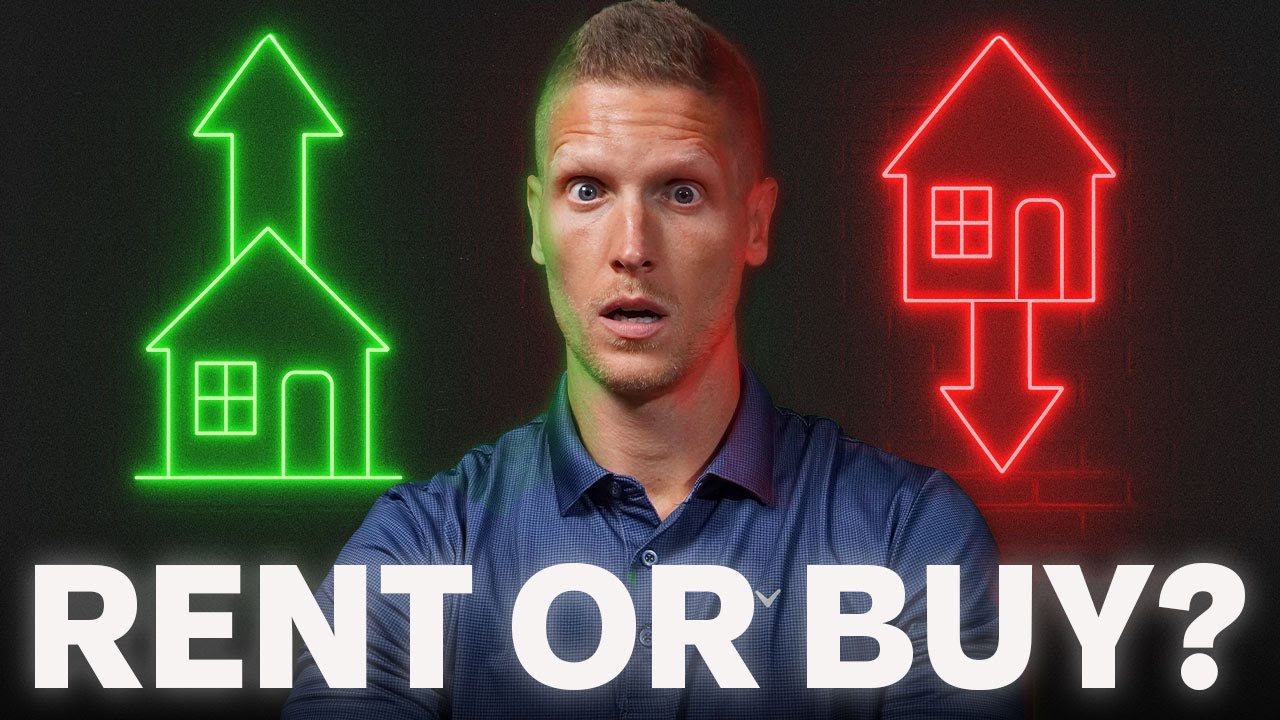Patrick has a question next: "Where does saving for a down payment fit into the
financial order of operations? Is it a prepaid feature expense? Can I count it towards saving 25 percent? I am maxing out my HSA and my Roth and getting the employer match, but I'm not quite at 25 percent yet. So how should he go about thinking about this?"
In the
Financial Order of Operations course at learn.moneyguy.com, we said there are these nine tried and true steps. However, there are some other things that go on—some in-between stuff that's not clearly articulated—just when you think about the nine orders. So we kind of put out some ground rules, some things that we think permeate throughout the
financial order of operations. When it comes to buying a house and saving for a down payment, it's one of those things that people have to do, but there's not necessarily a specific block on the
financial order of operations for it. So what's the normal way that we tell people?
We covered this in the
financial order of operations, and what was great about it was that we received questions and clarifications from many of you after the release. We updated the financial order of operations to address those questions. Regarding saving for a down payment on your first home, it's okay if you only put down three to five percent. That will likely fall under your step four, the emergency reserves, since there's a lot of play between the first three to six months of your living expenses. So if you're trying to save up for a down payment on your first home, it's okay that you're probably going to bulk up your cash reserves to cover that portion.
Now, for those of you in your mid-30s to early 40s looking to upgrade your home, you'll first want to look at the existing equity in your current home. If that's not at 20 percent now, you will probably want to save additional money so you can get to that twenty percent. That's probably going to come from step eight of the
financial order of operations—prepaid expenses. But that's on the upgrade, meaning you're going to a bigger, nicer home. We went really into the weeds on that, but I think it's important because these are questions that you'll want to have answered. But this is what I love about the financial order of operations: this thing's an all-terrain vehicle. It will hit you no matter whether you're starting your journey or whether you are now at seven figures, soon to be headed towards eight-figure status. We've got you covered if you go check it out at
learn.moneyguy.com if you want the deep dive course or if you want the free resource that I'm holding up, you can go to
moneyguy.com/resources—Financial Mutants.
Naturally, we're high achievers. We want to make the right decision and make it right now and never have to not make the optimal decision. It's important, especially when it comes to buying your first house, to take a deep breath and breathe. Money is nothing more than a tool that allows you to do the things that you want to do. So, building towards financial independence is a goal. But if you want to start a family and set roots and establish yourself, then homeownership might also be a goal. It's okay for you to pursue one of those goals with a higher fervor, with more intensity than the other goal for the time being. That's ultimately what your money is for—to allow you to do the things that you want to do. So, if you do have to pause on the financial order of operation, if you have to decrease the savings rate, or maybe you don't hit the 25 as soon as you want to, I'm a proponent. I think, for your first house, that's okay. That's okay. Just let it be Rocket Fuel that propels you. Once you do get the down payment saved, now once you do close on the house, then you start making up the time. I think that's okay. I think our audience is hard on themselves. We have a little difference on this because no, you'll see. No, because step five of the financial order of operations—your Roth money—is so valuable. You'll see when my book comes out. I have a whole chapter with an opportunity cost section where I talk about—I have calculated out the ten thousand dollars that I didn't get to put into Roth of Roth IRAs, what that—it just bothers me that I didn't maximize that. So I hear what you're saying, but as a person who's a little older and wiser, you'll just—you'll see. Don't neglect that Roth money because that's why be careful because I think a lot of people, that house, you can't eat that house in retirement. So be careful.













